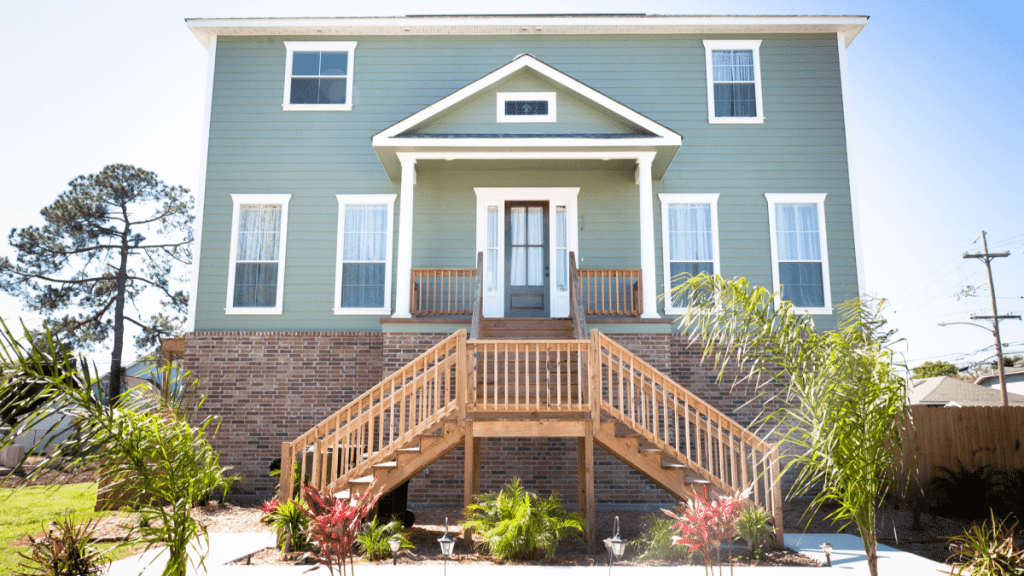When looking to optimize living spaces and increase property value, house raising presents an attractive proposition for many homeowners. As an authority in the field, SLN Consulting helps individuals explore the potential benefits of this endeavor. This article will delve into the numerous reasons homeowners may decide to raise their homes, the benefits of such a process, and essential considerations before embarking on a house raising project. By exploring each aspect, you will garner a comprehensive understanding, ensuring an informed decision-making process.
Key Takeaways
- Gain extra space and increase property value.
- Protect against floods and ensure structural integrity.
- Fix foundational issues and prevent further deterioration.
- Enjoy better views and improve aesthetics.
- Create more living space and maximize usable square footage.
Reasons for House Raising
When considering the decision to raise a house, you often prioritize gaining extra space, ensuring the property is above flood levels, fixing foundational issues, enjoying better views, and increasing the overall value of your home.
By elevating your house, you can create additional living areas, such as a basement or garage, thereby maximizing the usable square footage. Elevating also shields your property from potential flood damage, safeguarding your belongings and the structural integrity of your home.
Moreover, addressing foundational concerns through house lifting can prevent further deterioration and ensure the long-term stability of your house. Elevating your home can offer panoramic views, enhancing your quality of living, and significantly boosting the resale value of your property.
Benefits of House Raising
To fully comprehend the advantages of house raising, it’s imperative to recognize how elevating your home can create additional living space, protect against flood damage, ensure structural integrity, enhance aesthetics, and boost resale value.
By lifting your house, you can effectively increase usable square footage without expanding the footprint. This extra space can be utilized for additional rooms, storage, or recreational areas.
Elevating your home also shields it from potential floodwaters, reducing the risk of costly water damage and the need for extensive repairs. Furthermore, raising your house strengthens its foundation, prolonging its lifespan and enhancing overall structural stability.
The elevated position can improve the curb appeal of your property, making it more visually appealing. Ultimately, house raising can significantly raise the value of your home when it comes time to sell.
Considerations for House Raising
Consider potential cost implications, permit requirements, structural feasibility, contractor selection, and timeline for completion when contemplating house raising.
The cost of raising a house can vary based on factors like the size of the house, the extent of elevation needed, and any additional renovations.
Permitting requirements vary by location and may involve zoning approvals, building permits, and inspections.
Structural feasibility assessments are crucial to ensure the existing foundation can support the raised structure.
Choosing a reputable contractor experienced in house raising is essential for a successful project.
The timeline for completion depends on various factors such as weather conditions, the complexity of the lift, and any unforeseen challenges.
Careful consideration of these aspects is vital for a smooth house raising process.
Conclusion
In conclusion, the decision to raise your home can provide numerous benefits such as:
- Additional living space
- Protection against floods
- Improved structural integrity
- Enhanced aesthetic appeal
- Increased resale value
By carefully considering the reasons for house raising, the benefits it offers, and the necessary considerations involved in the process, you can make an informed decision that will ultimately benefit you and your property in the long run.

